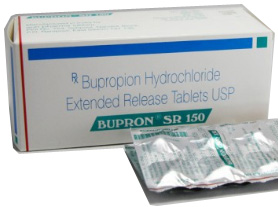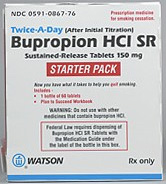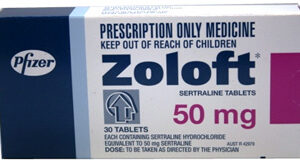Venlor is an antidepressant medication that belongs to the class of drugs known as selective serotonin and norepinephrine reuptake inhibitors (SNRIs). It is commonly prescribed to treat major depressive disorder (MDD) in adults, as well as generalized anxiety disorder (GAD).
Venlor works by increasing the levels of certain chemicals in the brain that help regulate mood and emotions. It helps improve feelings of well-being, relieves anxiety, and restores energy levels for individuals suffering from depressive disorders.
Important Precautions
Before starting Venlor, it is crucial to inform your healthcare provider about any pre-existing medical conditions or allergies you may have. It is important to disclose if you have a history of heart disease, high blood pressure, liver or kidney problems, epilepsy, or bipolar disorder.
Venlor should not be taken by individuals who are allergic to the active ingredient venlafaxine or any other components of the medication. It is contraindicated in patients under the age of 18, as the safety and effectiveness of Venlor in pediatric populations have not been established.
Venlor Reactions
Like any medication, Venlor can cause certain side effects. The most common side effects include nausea, headache, drowsiness, dry mouth, constipation, and sweating. These side effects are generally mild and transient, subsiding as the body adjusts to the medication.
In some cases, individuals may experience more severe side effects such as increased heart rate, high blood pressure, difficulty urinating, tremors, confusion, hallucinations, or severe allergic reactions. If any of these symptoms occur, it is important to seek medical attention immediately.
Usage Instructions
Venlor should be taken exactly as prescribed by your healthcare provider. It is typically taken orally, with or without food, once or twice daily. The prescribed dosage will depend on the severity of your condition and your individual response to the medication.
If you accidentally miss a dose, take it as soon as you remember. However, if it is close to the time for your next scheduled dose, skip the missed dose and continue with your regular dosing schedule. Do not double up on doses to make up for a missed one.
In the event of an overdose, seek emergency medical attention immediately. Symptoms of an overdose may include severe drowsiness, rapid heart rate, seizures, vomiting, and loss of consciousness.
Venlor and Concomitant Drugs
| Drug | Interaction |
|---|---|
| Monoamine oxidase inhibitors (MAOIs) | Do not take Venlor if you have taken an MAOI within the last 14 days, as it may lead to a serious drug interaction known as serotonin syndrome. |
| Other antidepressants | Combining Venlor with other antidepressant medications can increase the risk of serotonin syndrome. |
| Blood thinners (e.g., warfarin) | Venlor may increase the risk of bleeding when used concomitantly with blood thinners. Regular monitoring of your blood clotting levels may be necessary. |
| NSAIDs (non-steroidal anti-inflammatory drugs) | Combining Venlor with NSAIDs may increase the risk of bleeding or bruising. |
The Answers You Need
- What is the recommended dosage for Venlor?
- How long does it take for Venlor to start working?
- Can Venlor be used during pregnancy or while breastfeeding?
- Are there any dietary restrictions while taking Venlor?
- What should I do if I experience severe side effects while taking Venlor?






Reviews
There are no reviews yet.